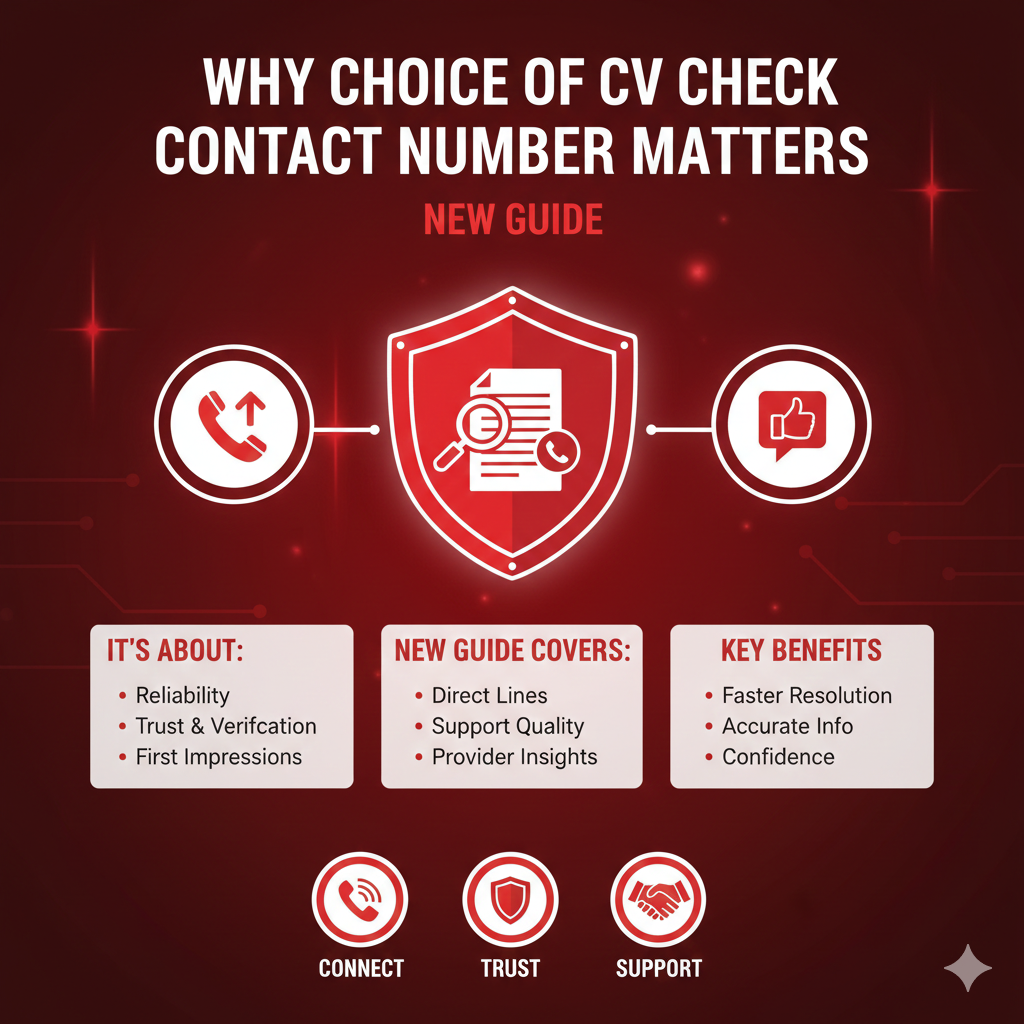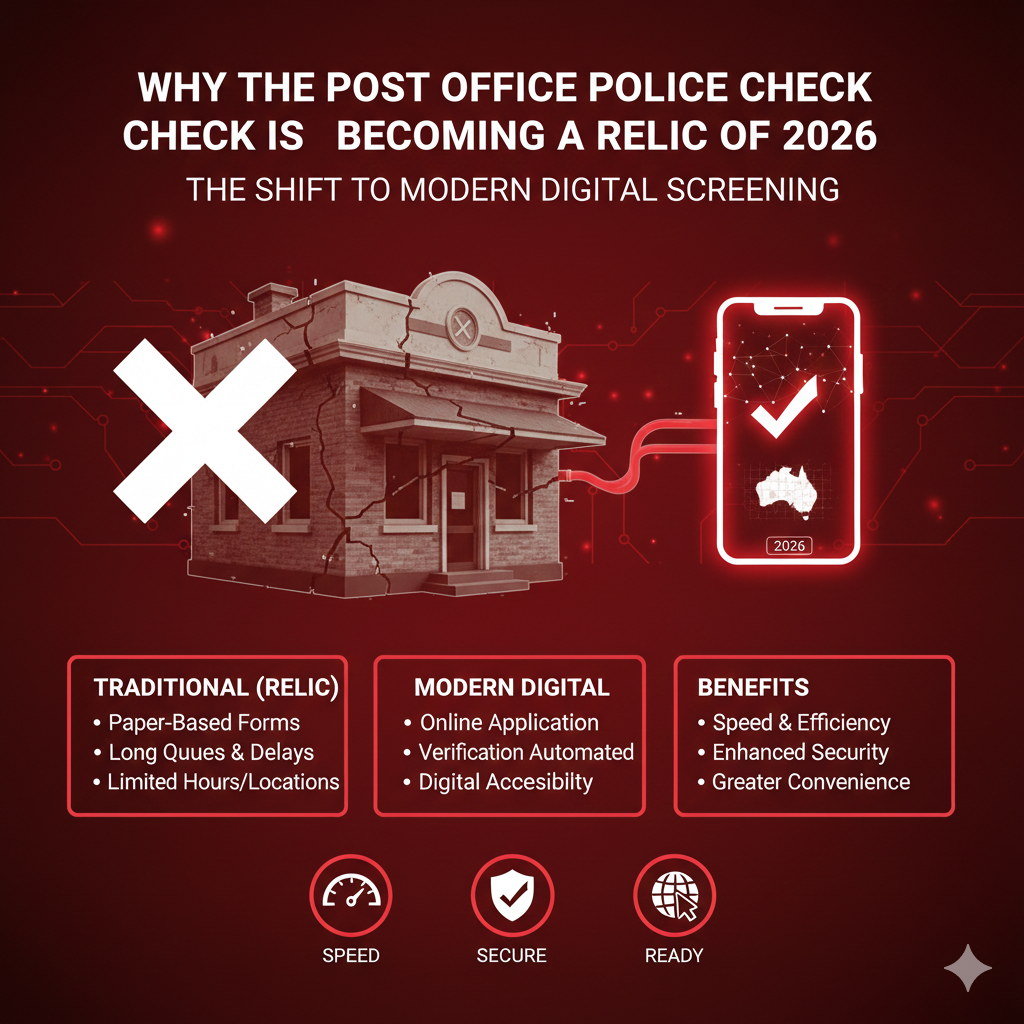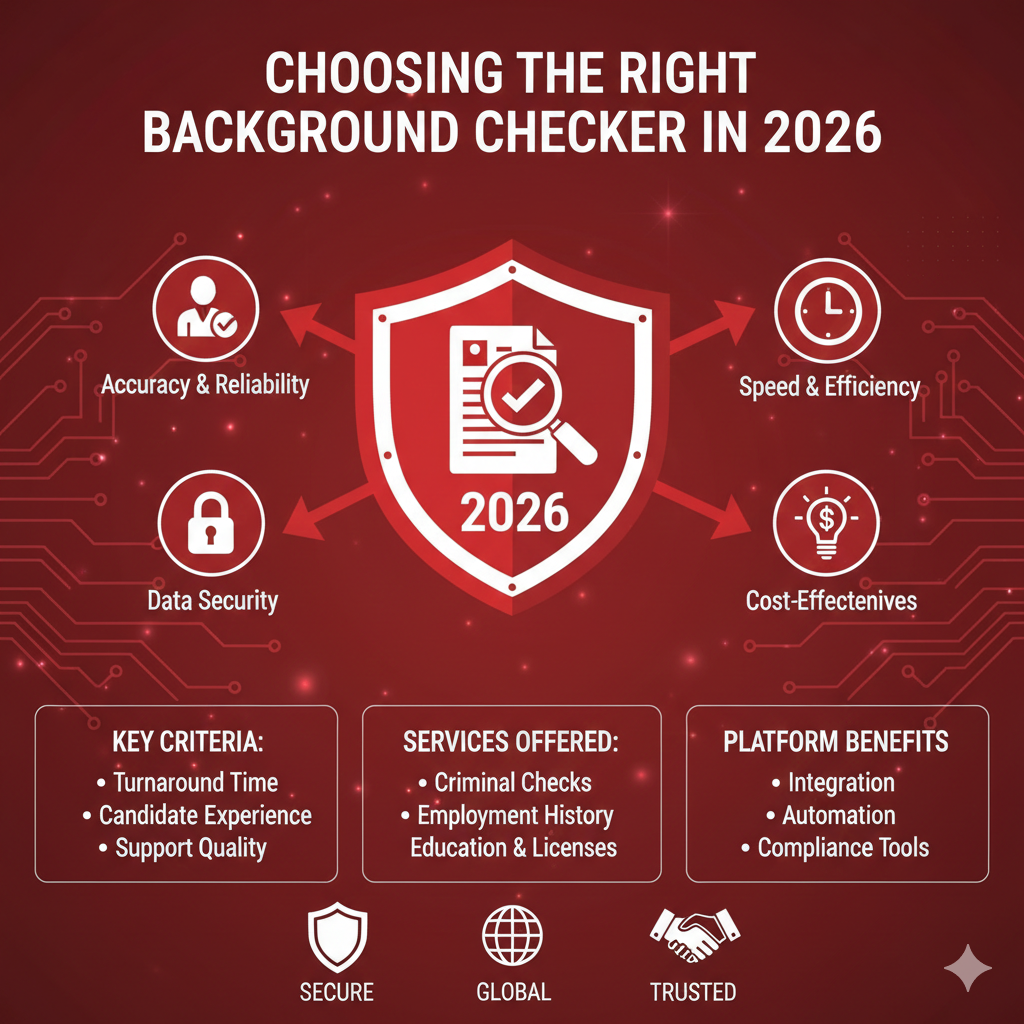Ensuring the safety and well being of students is a non negotiable priority in every educational environment. Whether it’s a childcare centre, primary school, high school, or university, the role of proper background screening is pivotal. A comprehensive police check in education sector forms the foundation of a safe, responsible, and compliant educational workplace.
In this article, we explore the critical importance of police checks in education, who requires them, how they should be conducted, and best practices to ensure thorough and lawful implementation.
Why Are Police Checks Essential in the Education Sector?
Educational institutions have a duty of care towards their students, especially minors and vulnerable individuals. One of the strongest safeguards is the police check in education sector, which helps identify individuals with criminal backgrounds that may pose a risk to student safety or institutional reputation.
Key reasons why police checks are vital in education:
- Legal compliance: Mandatory under working with children laws and employment legislation.
- Student protection: Preventing abuse, neglect, or criminal misconduct.
- Reputation management: Preserving trust in the institution from parents and the wider community.
- Risk reduction: Screening high risk positions that involve unsupervised contact.
Without a properly conducted police check in education sector, institutions expose themselves to serious operational, ethical, and legal consequences.
What Is a Police Check in Education sector?
A police check in education sector is a type of criminal history screening tailored specifically for individuals working in educational environments. While it draws from the same database as a general Nationally Coordinated Criminal History Check, it often includes additional sector specific requirements.
These may include:
- Working with Children Checks (WWCC)
- Teacher registration clearances
- State specific screening authorisations
Such checks are vital before employment begins, particularly for roles that involve direct or indirect contact with children, young adults, or vulnerable populations.
Who Needs a Police Check in the Education Sector?
The education sector encompasses a wide range of positions each with varying degrees of responsibility and exposure to students. Therefore, different roles may require different levels of screening. However, a police check in the education sector is generally mandatory for all staff and contractors engaging in day to day operations.
Typical roles requiring an police check in education sector:
- Registered and relief teachers
- Education assistants and learning support officers
- Early childhood educators and carers
- Tutors and academic mentors
- School administration and reception staff
- Groundskeepers, cleaners, and maintenance workers
- IT support and finance officers
- School canteen staff and bus drivers
- External contractors working on campus
Even volunteers or guest presenters, if regularly interacting with students, should undergo at least a basic police check in education sector.
National vs State Based Requirements
Australia’s education system is regulated both federally and at the state and territory level. While some jurisdictions have specific additional requirements, Rapid Screening ensures that the police checks we provide are valid across all Australian states and territories, offering a nationwide solution that ensures consistency and full compliance.
Some roles may require additional clearances based on state specific regulations, such as:
- Victoria: Teachers must register with the Victorian Institute of Teaching (VIT) and maintain a valid WWCC.
- NSW: Mandatory Working with Children Check issued by the Office of the Children’s Guardian.
- Queensland: The Blue Card system combines criminal history and child safety checks.
- WA, SA, TAS, NT: Each has its own child safe screening body with separate police checks and WWCC components.
Best Practices for Conducting Police Check in Education Sectors
To maintain a consistent, fair, and legally compliant screening process, institutions should adopt a strategic approach to background checks.
1. Develop a Formal Screening Policy
Create a documented policy that outlines:
- Who must undergo checks and when
- How often checks are updated
- Risk assessment procedures
- Clear decision making protocols for criminal findings
By offering checks that are valid in all Australian states, Rapid Screening provides a streamlined solution that simplifies the process for both employers and employees.
2. Partner with Accredited Providers
Use ACIC accredited agencies like Rapid Screening for police checks. This ensures:
- Legally compliant screening
- Fast turnaround times
- Safe digital identity verification
- Secure handling and storage of personal data
Education sector police checks conducted through verified providers help institutions avoid administrative bottlenecks and data privacy risks.
3. Re screen Periodically
A police check only reflects criminal activity up to the date of issue; it is not “valid” indefinitely.
Best practices for rescreening:
- Every 3 to 5 years as part of internal compliance policies
- Immediately after a staff member changes to a higher risk role
- Following any prolonged leave or return from absence
Continual review ensures that your staff remains eligible and compliant with legal expectations.
4. Tailor Checks by Role
A one size fits all approach may result in unnecessary administrative strain. Instead, align education sector police check requirements to the risk level of each position.
For example:
- Teachers and educators: Require full police check + WWCC
- Short term volunteers: May only need a streamlined background check
- Maintenance staff on site: Require a check if they work during student hours
Customising your process ensures thorough risk coverage without burdening resources.
What If a Criminal History Is Found?
Occasionally, a disclosable court outcome may be revealed in an education sector police check. This doesn’t necessarily mean the individual is automatically disqualified. Institutions must assess risk carefully and fairly.
Guidelines for managing criminal findings:
- Assess the nature and relevance of the offence to the role
- Consider the time elapsed since the offence occurred
- Examine any pattern or repeat behaviours
- Provide the applicant with an opportunity to respond
- Seek legal or HR advice if needed
Maintaining fairness in the process is as important as safeguarding your institution.
How Long Does a Police Check Remain Valid?
A common misconception is that education sector police checks are valid indefinitely. However, since the report reflects data only up to the date of issue, rescreening is highly recommended on a routine basis.
Suggested timelines:
- Every 3 to 5 years
- At the start of a new contract or assignment
- When an individual’s role significantly changes
- If any criminal allegations arise during employment
Institutions should maintain internal alerts and compliance schedules to ensure no staff member remains unscreened over long periods.
Data Privacy and Record Keeping
Educational institutions handle sensitive information. As such, education sector police check results must be stored in accordance with privacy regulations such as the Australian Privacy Principles (APPs).
Best practices include:
- Restricting access to HR or compliance officers
- Encrypting or securing records in digital systems
- Tracking expiry dates and re check reminders
- Destroying outdated records in compliance with your privacy policy
Proper documentation ensures readiness for audits, inspections, or legal reviews.
Benefits of Using Rapid Screening for the Education Sector
Choosing a trusted provider such as Rapid Screening simplifies and accelerates the police check process for schools, universities, and childcare services.
Key benefits:
- Fast, ACICs accredited digital police checks
- Bulk screening for staff and volunteers
- Custom screening packages based on risk level
- Integrated compliance tools and tracking
- 100% online process with dedicated support
- 70% of results delivered within 24 to 48 hours – ensuring timely and efficient processing
By outsourcing to a dedicated screening partner, your institution can ensure accuracy, security, and efficiency without overburdening internal resources.
Conclusion: Prioritising Safety Through Smart Screening
A robust police check in education sector process is more than just a regulatory requirement; it’s a commitment to protecting children, creating safer schools, and fostering trust within the learning community.
By combining policy, technology, and accredited providers, institutions can build screening processes that are consistent, lawful, and student first. As risks evolve and regulations grow more complex, proactive background screening will continue to be the cornerstone of effective risk management in education.
Include police checks in your hiring and compliance processes to prioritize safety and trust in the educational sector.
Frequently Asked Questions (FAQs)
Q) Significance of a police check in the education sector?
One form of criminal history check intended especially for employees of educational institutions like schools, colleges, TAFEs, and childcare facilities is the police check in education sector. Identifying relevant legal rulings or charges that could influence the ability of an individual to work among kids or other individuals who are vulnerable is made simpler with this help.
Q) In the education sector, who needs a police check?
Most individuals working in the education sector, including teachers, administrators, maintenance staff, and contractors, have to submit to a police check. Each function could call for an alternate form of screening, depending on the extent of student participation.
Q) How often should the education sector update police checks?
It is recommended that police checks in the education sector be updated every three to five years, or sooner if the individual takes a lengthy leave of absence, changes responsibilities, or institutional policy requires it, even though there is no explicit legal expiration date.
Q) Can Working with Children Checks (WWCC) and police checks be used interchangeably?
A WWCC, on the other hand, is a specific type of screening that examines offenses associated with working with children. A police check for the education sector, on the other hand, is more thorough and includes all available information on a person’s criminal history. Many institutions require both tests for comprehensive screening.
Q) Can an individual with a criminal record hold a position in education?
Perhaps. Among the factors that are taken into account are the sort of infraction, its duration, whether it was related to the employment, and the institution’s risk assessment protocols. A disclosable result does not automatically disqualify someone; rather, it is evaluated on an individual basis.




